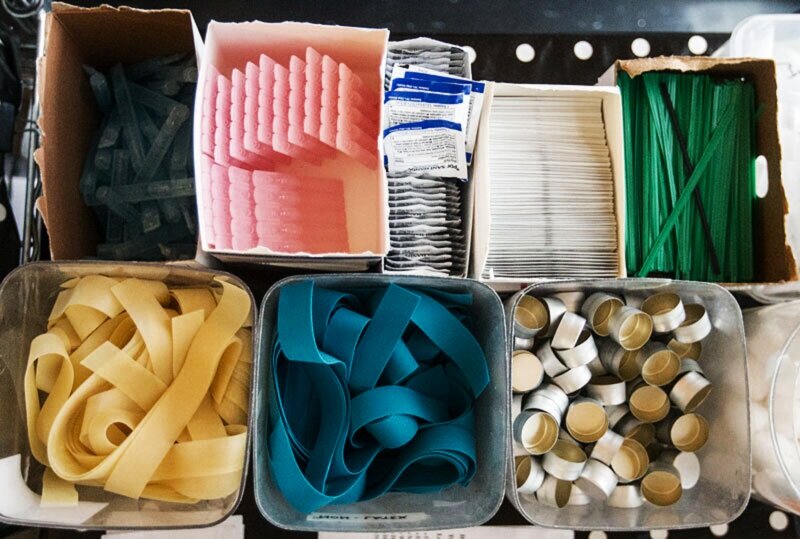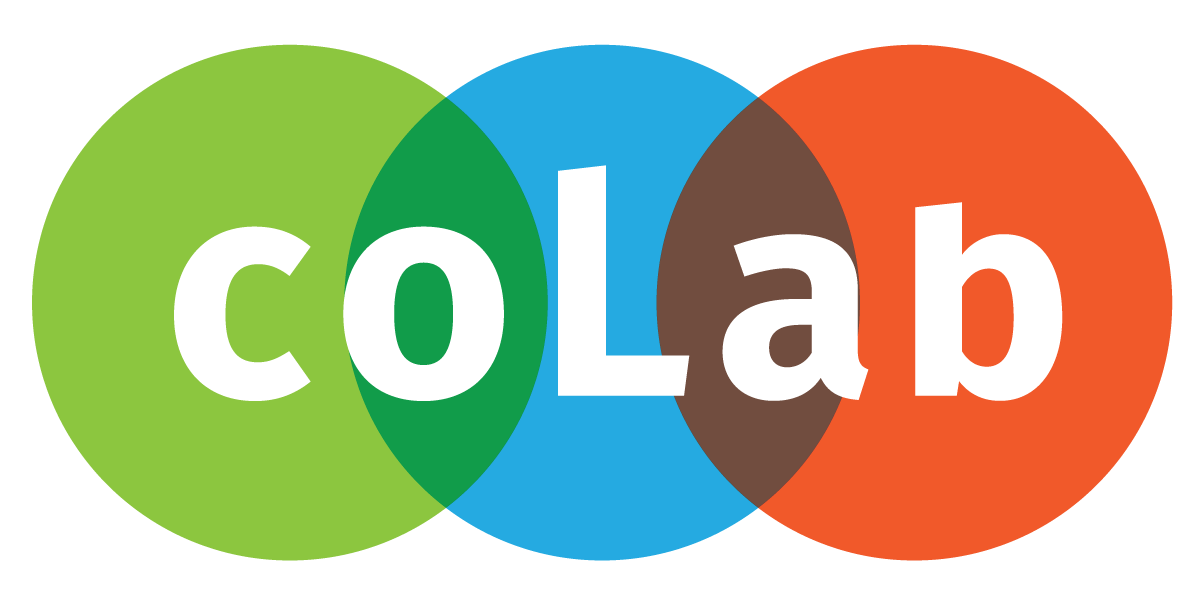
Other Research
Overview
Research on service innovations is needed to improve the system of services and supports for people who use drugs and alcohol. This work evaluates the implementation of new and evidence-based models of service delivery, collaborations across sectors, and gaps in care.
Current Research
+ Provincial peer network evaluation
In 2019, the BC Ministry of Health funded the Provincial Peer Network Project to increase BC’s engagement with people who use drugs (PWUD) and increase the capacity of PWUD and drug user groups (DUG) to respond to the overdose public health emergency. The BC/Yukon Association of Drug War Survivors (BCYADWS) was selected as the lead organization and received funding to establish the Network. The Provincial Peer Network is composed of local Drug User Groups (new, emerging and existing DUGs) and a centralized hub.
In 2020, CISUR was contracted to work in collaboration with BCYADWS on an evaluation of the first year of the Provincial Peer Network Project. The primary objective of the evaluation was to assess the role and outcomes of peer involvement in systems change at community, health authority, and provincial levels. Key findings of the evaluation include:
- Funding objectives for the first year of the Provincial Peer Network have been met. There is an established and growing provincial network of independent and autonomous DUGs in BC, with the number of groups more than doubling over the past year. Participants from DUGs valued being part of network that is run by and for PWUD. At the same time, they drew attention to a number of areas for improvement and further development of the Network in the coming year.
- In addition to the financial support, DUGs (particularly new and emerging groups) appreciated the non-financial support they received from the centralized hub, including help with administration, securing space, governance training, and mentorship.
- DUGs are engaged in the work of saving lives, providing belonging and a sense of purpose among PWUD, and expanding the range and reach of harm reduction services in BC. They are contributing in meaningful ways to the provincial overdose response.
- DUGs are engaging with health authorities and other system stakeholders with varying degrees of success. They are contributing to systems change through their advocacy efforts; however, attention is needed to address the stigma that is embedded within systems if the Provincial Peer Network is to fully realize its stated objectives related to systems change. The final report is available upon request to cisur@uvic.ca. More information about this project can be found on the CISUR website.
+ The role of child protection in substance use services for women
The purpose of this SSHRC funded study is to investigate the interplay between pressures from child protection services and women’s motivation to participate in substance use services, and the impact on service engagement and well-being. Objectives of the study include:
- Examining the associations between pressures from child protection services, social determinants of health (e.g., ethnicity, education, housing) and motivations to participate in substance use services;
- Modelling changes in motivations and the development of woman-provider relationships in the weeks after entering treatment
- Evaluating the joint influences of pressures and motivations on service attendance and 6-month outcomes (substance use, custody arrangements, and quality of life). Interviews and surveys will be conducted with 300 women attending treatment at multiple agencies across Canada. Women will be followed for 6 months, with repeated assessments of motivation, service engagement, and outcomes.
View this project on the CISUR website.
+ Peer2Peer Project
This project aimed at identifying, designing, implementing and evaluating support interventions for peer workers in overdose response settings. A key tenet of this project is the meaningful engagement of peer workers. The project team consists of academic researchers and peer research assistants (PRAs) who are representatives with lived/living experience of substance use from each of the pilot sites.
More information about this project can be found on the Toward the Heart site (BC Centre for Disease Control Harm Reduction Services) or on the CISUR website.
